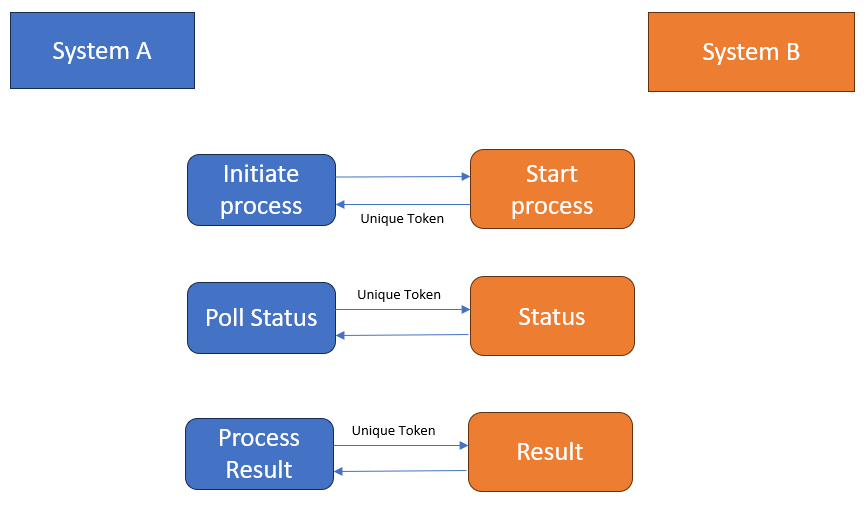Origins of process
Agile manifesto defines first value as "Individuals and interactions over processes and tools".
Is this value outdated? No. It is as relevant today as it was when the agile manifesto was signed. There are few finer details of the process we forget. We need to check the origins of different processes.
Why should we care about the process that much? Mainly because the process takes time from productive work. When a process is a useless chore, it eats into the morale of the team. It is like termite eating and weakening your beautiful home. Same time it also eats into team time.
Darwin wrote about natural selection and survival of the fittest. Unfortunately, natural selection in the process results in survival of bad policies. By the time bad processes are recognized, the company would have incurred significant costs.
We can segregate processes into two broad categories based on how they originate. This can be validated by checking the value derived from each process and policy. Let us call these Result driven and Deficit driven.
Each process is a response for a problem or created with a goal in mind.
Deficit Driven
Trust - Many times we get some issues after deploying to production. These are troubling and result in a trust deficit in the team. A process is added to prevent such a situation in future. Most of the time this process will be a bad one.Competency - This is even worse than the previous one. A process created by ignorance and not able to understand the needs of the team. Imagine a leader who struggles to fit in a team. They always struggle to understand what is going on. They respond to this problem by adding a process.
Knowledge - This can be confused with the previous one. But this needs its own category. In a software team we have people with different expertise. Person who is an expert in one area can champion a process which will be bad for other team members who have different skills.
Result driven
Trim negative - Many issues we encounter can be traced back to certain types of behavior. Simple example - not checking the fuel meter before you start a long trip. This may not cause issues when you drive in a city. But you can get stranded if you are on a road trip. Simple process with a checklist can prevent this. This brings in a new behavior in you. You adapt to it and the result is better productivity.Goal based - A carefully crafted process to achieve a particular goal. This will be a process which uses game theory to encourage certain behavior towards a goal. This has similarity to the first one. But the first one is removal of negative behavior. This process is for building positive behavior.
Customer driven - Process created with better results for your customer. This may not be a behavioral change. It definitely will give better results for the customer and in turn benefit the organization.


Comments
Post a Comment